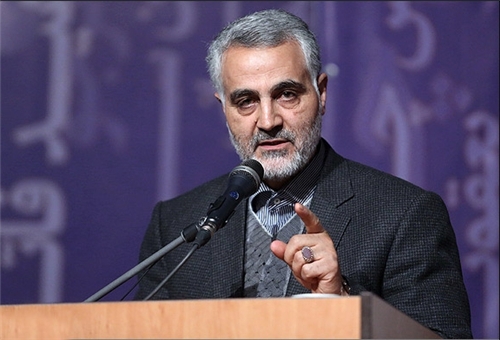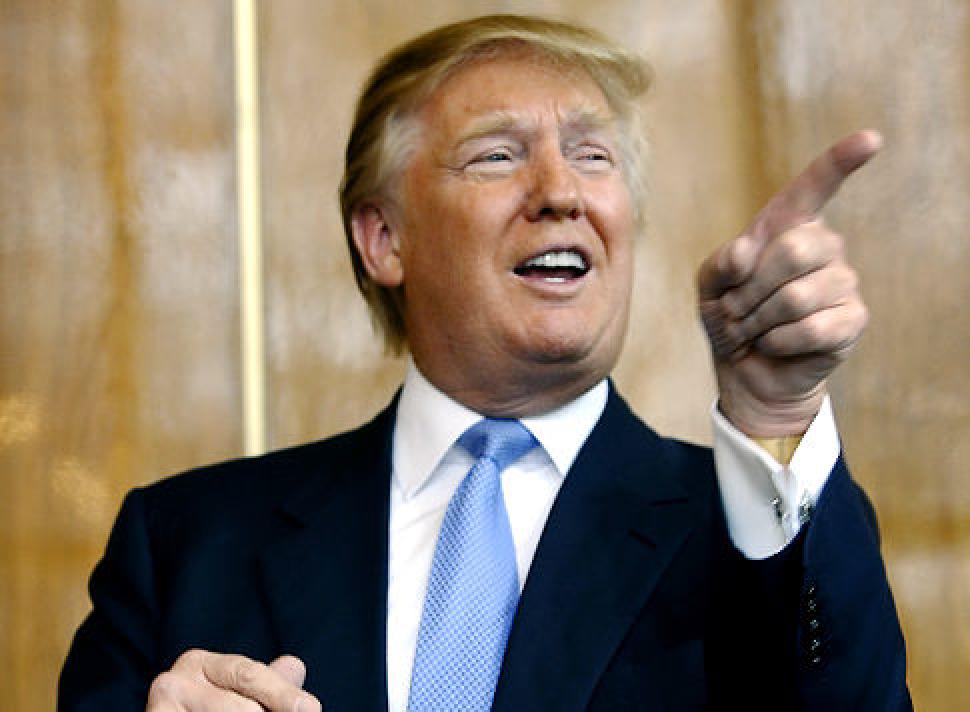
Qasem Soleymani, the major general who commands Iran’s Qods Force, visited Moscow last month, which raised a bit of a to-do in the international media because a UN Security Council resolution, supported by Russia, bars Russia from giving him a visa.
It wasn’t clear why Soley-mani’s Russian visit resulted in such a fracas. Soleymani has traveled into Iraq many times to advise militias funded by Iran. He has also visited Syria multiple times and Lebanon at least once without anyone raising a ruckus.
But the Moscow visit raised a bit of a storm where all the other visits since Soleymani was first sanctioned by the UN visa ban in 2007 had not.
The Moscow trip was first reported by Reuters, which quoted an unnamed Iranian official as saying Soleymani had arrived in Moscow July 24 and met with President Vladimir Putin and Defense Minister Sergey Shoigu, among others, before departing three days later.
Russian officials denied Soleymani had visited. But western officials later confirmed the visit to other news organizations.
Iran has avoided the issue. But it has not broken any rules. The UN resolution orders UN member states not to issue visas to Soleymani; that imposes no requirement on Iran.
The US ambassador to the United Nations, Samantha Power, said all states are obliged to enforce the visa ban. “These are very concerning reports but we are still tracking down the facts,” she said, making no reference to Soleymani’s regular commute to Baghdad.
The State Department later said Secretary of State John Kerry had raised the matter in a telephone call with his Russian counterpart, Foreign Minister Sergey Lavrov.
The sanctions on another Qasem Soleymani, who works on Iran’s nuclear program, will be removed in a few months as part of the end to nuclear sanctions. But the sanctions on the Qasem Soleymani who runs the Qods Force and whose listing for sanctions is for other reasons will not be removed. The Washington Post says Soleymani is listed under at least five different sanctions programs, including terrorism, Syria and the Pasdaran.
The United States has a special interest in Soleymani. It says about 500 American troops were killed in Iraq in operations launched by militias he helped organize and sent out to kill US soldiers.



















